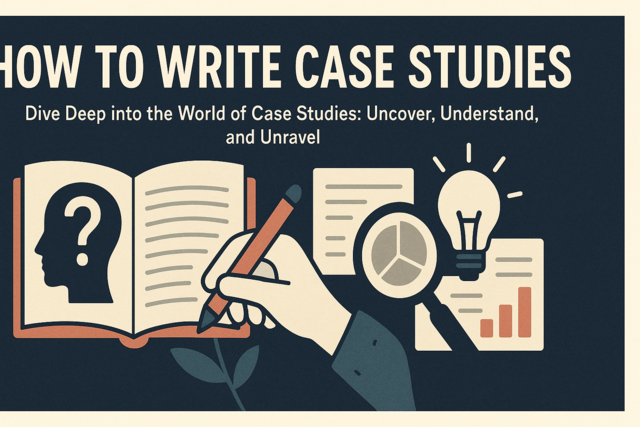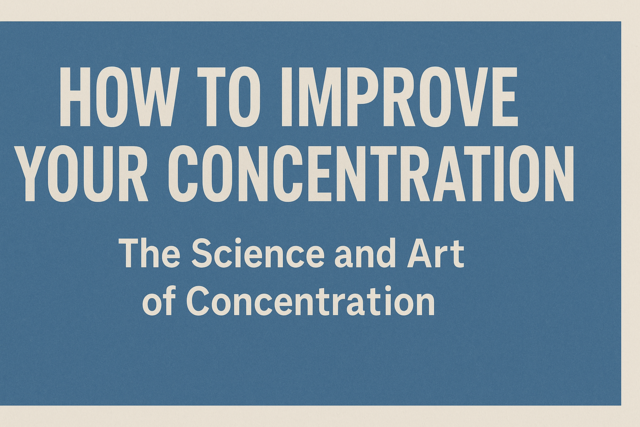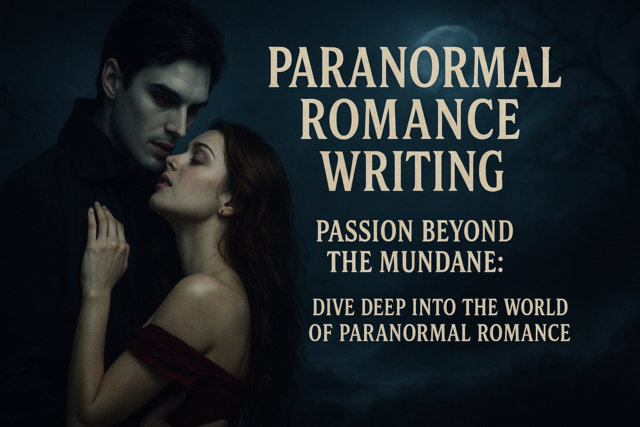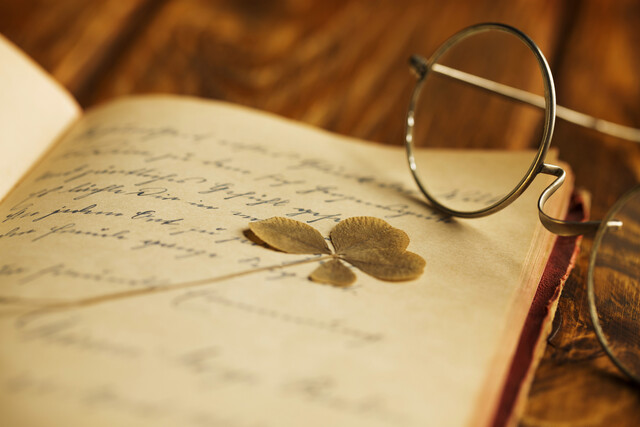Poetry Writing 101
Unleash Your Inner Poet: Craft Verses, Capture Hearts

17 Hours average completion time
1.7 CEUs
13 Lessons
17 Exams & Assignments
544 Discussions
13 Videos
21 Reference Files
Mobile Friendly
Last Updated January 2026
A Deep Dive into the Enigmatic World of Poetry: Craft, Appreciation, and Mastery
The realm of poetry is vast, intriguing, and profound. Poetry, more than just an art form, is an emotional symphony, a language that transcends boundaries, and a medium that mirrors life's intricacies. Whether you're a fervent admirer seeking a richer understanding or an aspiring poet craving mastery, this course promises a journey into poetry's heart, illuminating its nuances, techniques, and timeless allure.
Why This Course Stands Out:
-
All-Encompassing Curriculum: From poetry's rich history to the techniques that shape its tapestry, this course delves deep, ensuring students grasp both the theoretical and practical aspects of poetry.
-
Rich Pedagogy: While many courses might skim poetry's surface, ours delves into its depths. Through a mix of structured lessons, engaging assignments, and insightful essays, we ensure that learning isn't just passive but immersive and transformative.
-
Publication-Ready Training: The course culminates in guiding students to create a chapbook-a testament to their journey, their learnings, and their unique voice-poised for publication.
Course Highlights:
-
Introduction: The Art of Poetry: Venture into poetry's enchanting world, understanding its significance, scope, and the sheer magic it holds.
-
Irony and Tone: Dive into the subtle art of irony, learning how tone shapes meaning, evokes emotion, and adds layers to poetry.
-
Denotation and Connotation: Decipher the explicit and implicit, realizing how words hold dual meanings, adding richness to poems.
-
Literal and Figurative Meanings: Navigate the realms of the real and the symbolic, understanding how poets play with language to conjure vivid imageries.
-
Poetic Devices A-I: From alliteration to imagery, uncover the devices that lend poetry its unique rhythm, rhyme, and resonance.
-
Poetic Devices J-Z: Further exploration into the tools poets employ, delving into juxtaposition, zeugma, and more.
-
Rhyme and Meter: Understand the beats and patterns that give poems their musical quality, making them memorable.
-
Symbolism and Archetypes: Dive into the symbols that recur in literature, deciphering their significance and the universal truths they represent.
-
Cultural Concepts: Appreciate how poetry serves as a reflection of its cultural context, adding layers of depth and relevance.
-
Parody and Translation: Explore the art of poetic imitation and the challenges and nuances of translating poetry while retaining its essence.
-
Free Verse and Blank Verse: Delve into the liberating world of unrhymed poetry, understanding its charm and challenges.
-
Sound and Meaning: Discover the auditory aesthetics of poetry and how sound intricacies can amplify meaning.
-
Types of Poetry and Verse: From sonnets to haikus, explore the diverse poetic forms that have enraptured readers for centuries.
Real-world Insights:
-
Analyze renowned poems, understanding the techniques employed, the themes explored, and the emotions evoked.
-
Work on assignments that mimic real-world challenges, such as translating a poem while retaining its soul or crafting a parody without losing respect for the original.
Is This Course for You?
-
Poetry Enthusiasts: Deepen your appreciation, understand subtle nuances, and connect more intimately with the poems you read.
-
Aspiring Poets: Elevate your craft, weave words with greater skill, and carve a niche for yourself in the literary world.
In an era where communication is often brief and fleeting, poetry stands as a testament to the depth and beauty of language. It's a celebration of life, love, loss, and everything in between. This course is more than just an educational journey-it's an invitation to experience, to feel, and to express. Join us, and let's craft verses that resonate, touch hearts, and endure time.
- Publication-ready poetic writing
- Vivid imagery and figurative language expertise
- Sound and meaning interplay development
- Emotional expression and tone control
- Proficiency in literary analysis
- Mastery of poetic devices and techniques
- Enhanced language creativity and innovation
- Critique and constructive feedback aptitude
- Cultural context and poetic tradition appreciation
- Verse construction and structural skills
- Advanced understanding of symbolism and archetypes
-

Resume Writing
-

Anatomy and Physiology 101
-

How to Write Case Studies
-

Nonfiction Writing 101
-

Advertising Copywriter
-

Write to Win: Secrets of Persuasive Writing
-

Writing Effective Emails in the Workplace
-

Screenwriting 101
-

Travel Writing 101
-

Novel Writing 101
-

How to Write a Short Story
-

The Science and Art of Reading Development
-

Journalism 101
-

How to Write Short Stories for Children
-

How to Improve Your Concentration
-

Paranormal Romance Writing
-

Adobe Edge Animate
-

Alzheimer's Disease 101
-

Historical Fiction Writing
-

Advertising, Marketing and Sales Writing
-

Writing Help Course Bundle
-

Celtic Mythology 101
-

Journaling and Memoir Writing
-

Writing the Great American Short Story
-

Writing Women's Fiction
